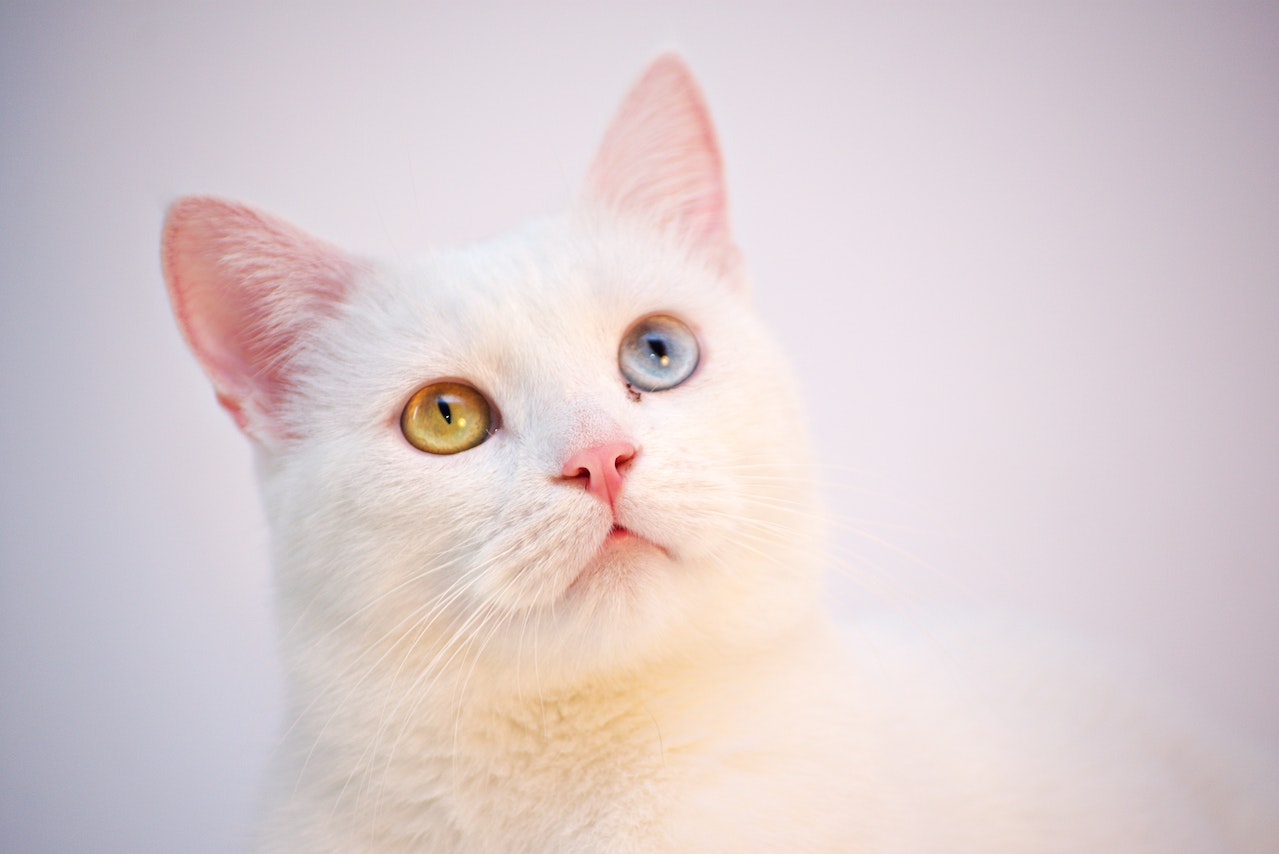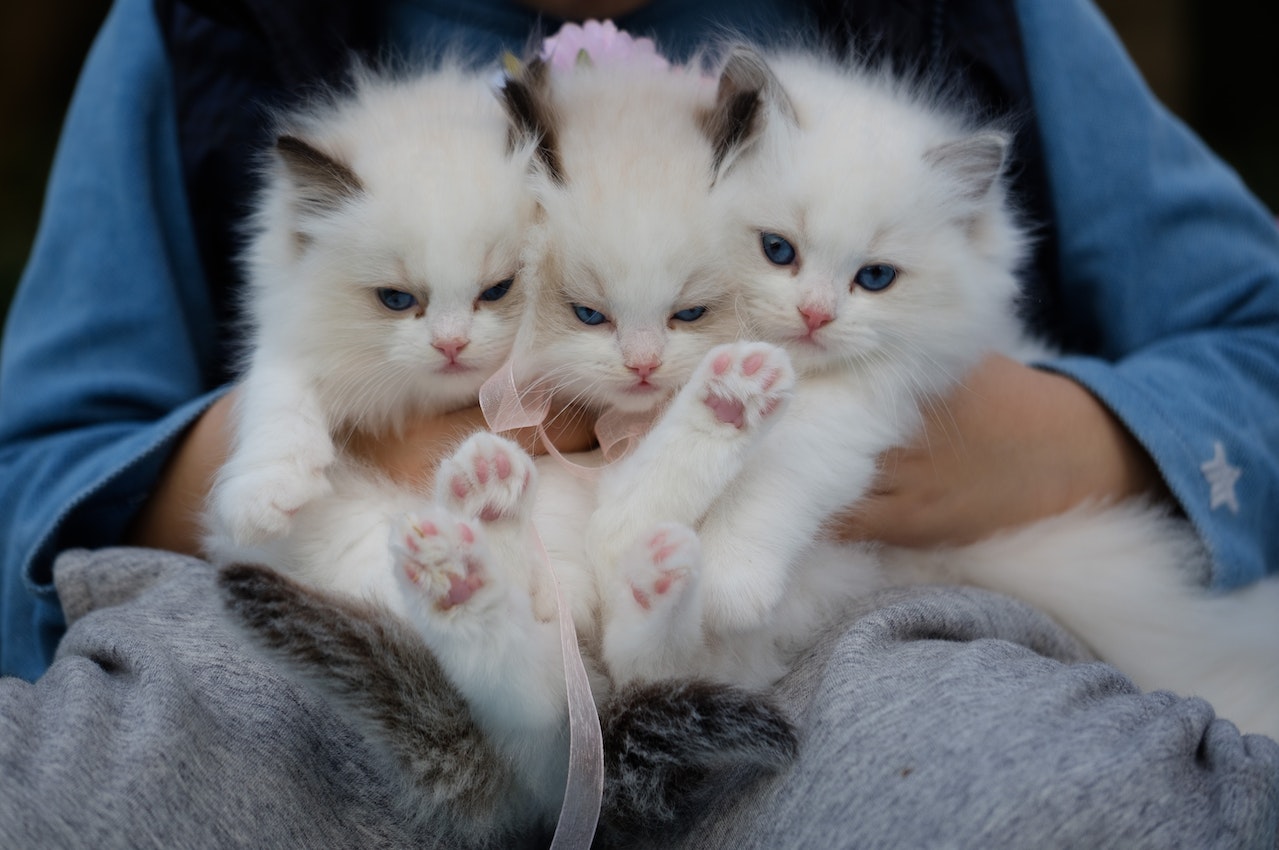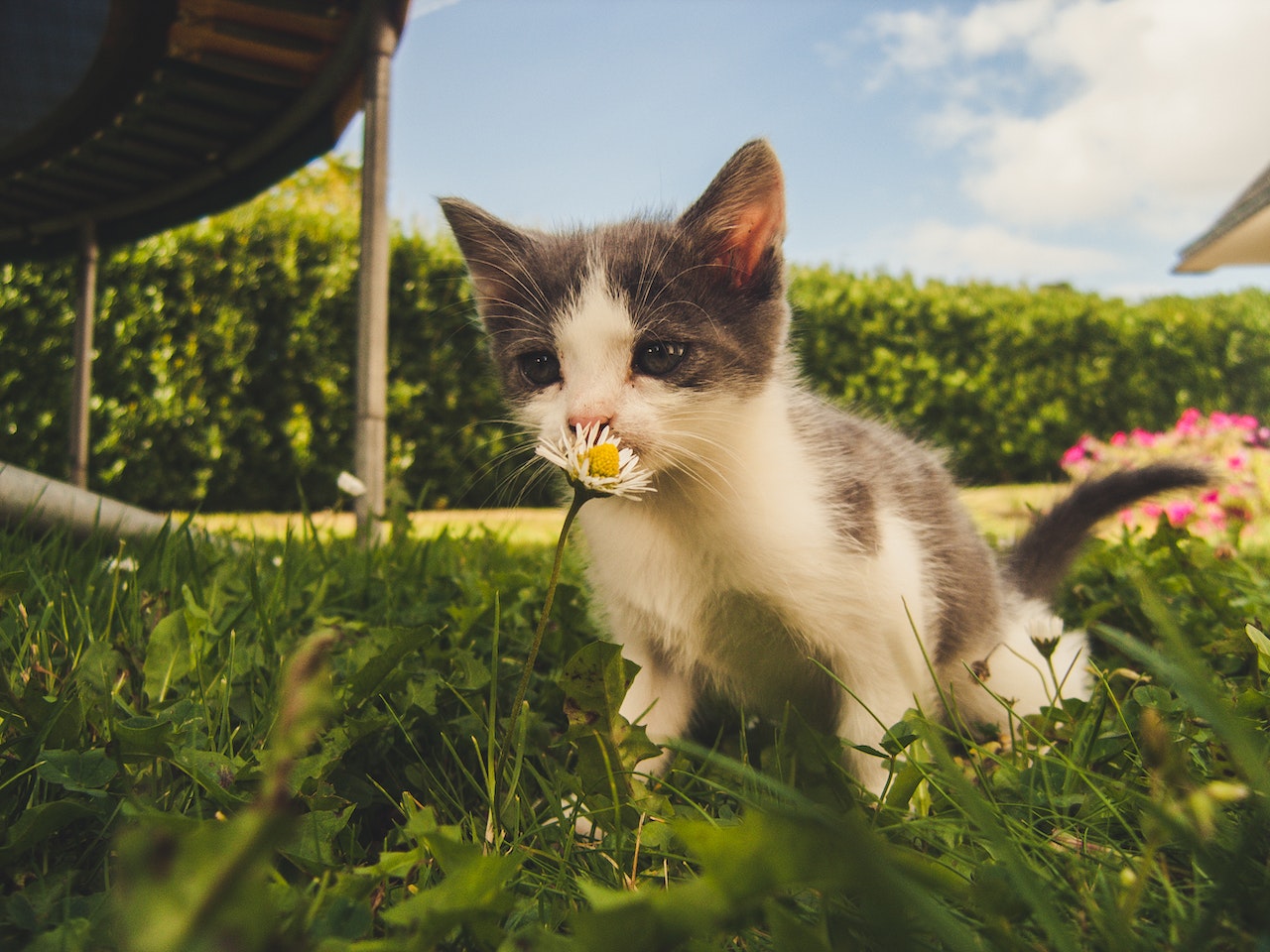
Feline Fancies: Unraveling the Enigma of Cats and Cheese
adminhg
- 0
- 160
Cheese and cats — an unusual pairing that raises the question: can cats eat cheese? It’s a common query among feline owners, and the answer may surprise you.
Can Cats Eat Cheese? Fact or Fiction?
While a cat’s diet may seem rather flexible due to their curious nature, it’s important to note that not all human foods are suitable for them. Cheese, for example, is one food that sparks a lot of debate.
It’s not that cats can’t eat cheese; the issue lies in their ability to digest it. Cats lack a certain enzyme, lactase, which is essential for breaking down lactose in dairy products. As a result, consuming cheese can lead to digestive problems in cats, like upset stomach, diarrhea, or constipation. So, while it’s not toxic, cheese can potentially cause discomfort for your feline friend.
Can Cats Have Cream Cheese or Mozzarella Cheese?
When it comes to specific types of cheese, such as cream cheese and mozzarella, the situation isn’t much different. The question can cats eat cream cheese is often asked, and the response remains the same.
Cream cheese, although softer and smoother, still contains lactose and can cause the same digestive issues as other cheeses. The same goes for mozzarella. Despite its mild flavor and soft texture, it’s not necessarily a better option for cats.
Is Cheese Bad or Good for Cats?
The question of whether cheese is good or bad for cats is not as straightforward as it might seem. On one hand, cheese contains proteins and fats that cats require in their diet. On the other hand, the lactose content can make it difficult for them to digest.
If you are wondering, can I give my cat cheese, the answer is yes, but only in moderation. Feeding cheese to cats should always be a sporadic treat rather than a dietary staple.
Can You Feed a Cat Cheese?
So, how should you go about feeding your cat cheese, if at all? The best approach is to start with small amounts. Monitor your cat’s reaction and if they exhibit any signs of discomfort or digestive upset, it’s best to avoid cheese entirely.
If your cat does not seem to have an adverse reaction, you may opt to give them cheese occasionally as a treat. However, it’s always best to consult with a veterinarian before introducing any new foods into your cat’s diet.
Conclusion
In summary, while cats can technically eat cheese, it’s not an ideal part of their diet due to potential digestion issues. Whether it’s cream cheese, mozzarella, or any other type, moderation is key.
If you’re considering introducing cheese to your cat’s diet, always consult a vet first. Remember, each cat is unique and what works for one may not work for another.
Final Thoughts
In the world of feline nutrition, cheese is not a villain, but it’s far from a hero. The answer to can you feed a cat cheese is yes, but with caution and moderation. Always prioritize your cat’s health and consult with a vet before making any significant changes to their diet.



